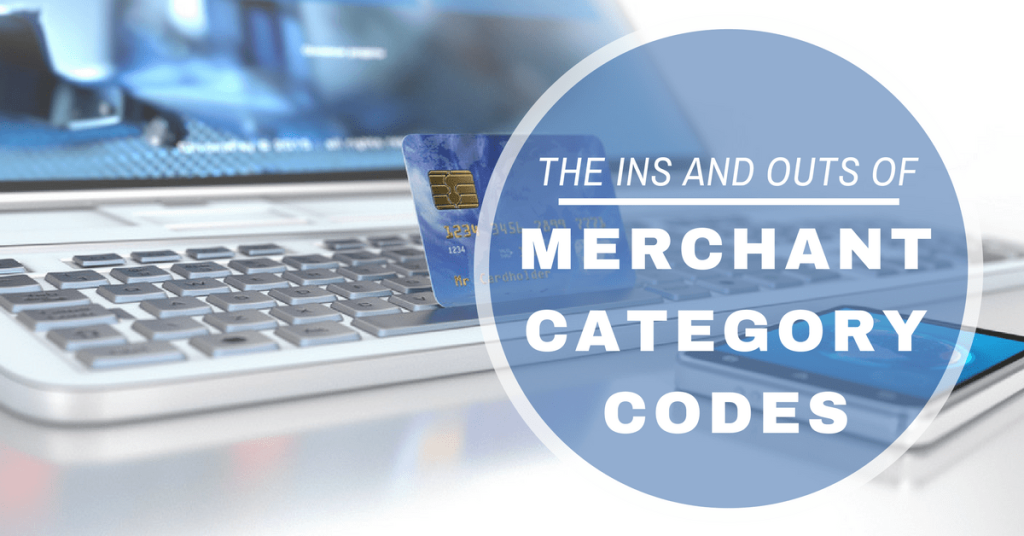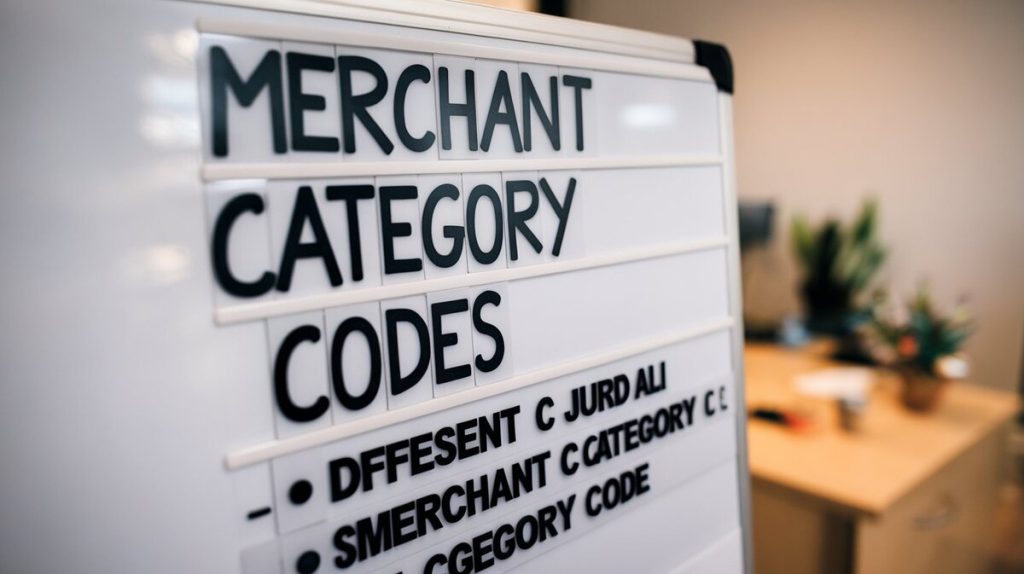Merchant Category Codes (MCCs) are critical for processing payments and managing transaction risks. MCCs are four-digit codes assigned by payment processors like Visa and MasterCard, categorizing businesses by the services they offer. When businesses are misclassified, a problem known as MCC mismatch arises, leading to higher costs and operational disruptions.
What is an MCC Mismatch?
An MCC mismatch occurs when a business’s assigned MCC does not accurately represent its services. This misclassification can cause:
- Declined transactions: Card networks may restrict transactions from specific MCCs.
- Higher transaction fees: Misclassified high-risk businesses often face increased fees.
- Chargebacks: Certain industries experience higher chargeback rates, and an incorrect MCC can worsen this.
Payment processors like Stripe explain that businesses in industries like online gambling or adult entertainment face more scrutiny, making an accurate MCC essential to avoid unnecessary fees and declines.
Common Causes of MCC Mismatch
MCC mismatch often stems from:
- Misclassification during account setup.
- Changes in business services without updating the MCC.
- Incorrect choices made by the payment processor when selecting MCCs for multi-service businesses.
For example, a business initially classified as low-risk may expand into high-risk areas like subscription services or telemedicine, which require different MCCs. If not updated, the business risks facing up to 3-5% higher fees.
Impact of MCC Mismatch on Businesses
1. Increased Transaction Fees
Misclassified businesses often pay higher interchange fees, especially those incorrectly placed into high-risk categories.
| MCC Category | Interchange Rate | Example MCC Codes |
|---|---|---|
| Low-risk (Retail, Fuel) | 1.4% – 1.8% | 5411 (Grocery), 5541 (Gas Stations) |
| High-risk (Adult, Gambling) | 3% – 5% | 5968 (Adult), 7995 (Gambling) |
| Specialized (Medical, Government) | 2% – 3% | 6012 (Financial Services), 8651 (Political) |
High-risk MCCs, such as 7995 (Gambling), carry steep interchange fees due to elevated risk. This makes correct classification essential for cost management.
2. Declined Transactions
Businesses assigned incorrect MCCs experience high rates of declined transactions. Certain MCCs are restricted, and card networks block transactions from industries deemed risky, such as adult services or gambling. Declines can range from 20-30%, significantly impacting revenue.
For example, medical credit cards often restrict purchases to MCC 8062 (Doctors), meaning a misclassified business under MCC 5734 (Electronics) might see higher decline rates.
3. Increased Chargebacks
Misassigned MCCs increase the risk of chargebacks. High-risk categories face higher chargeback ratios, sometimes exceeding 1% of transactions. Incorrect MCCs may place businesses into these high-risk categories, leading to more disputes and losses.
A common issue occurs in subscription businesses. Classified under MCC 5968 (Direct Marketing), these services face higher fraud rates. Misclassification can further raise chargeback risks.
4. Effects on Rewards Programs
Incorrect MCCs can affect how cardholders earn rewards. Issuers design rewards programs around specific MCCs. For example, a travel rewards program may not recognize a business incorrectly categorized under general retail, limiting its ability to attract customers.

How to Fix and Avoid MCC Mismatch
1. Review and Update Your MCC Regularly
Work with your payment processor to review your MCC. Payment processors like Stripe and Checkout.com allow businesses to request MCC changes based on their evolving services. Misclassifications can be resolved by requesting a reclassification that reflects your current business model.
| Steps to Correct MCC | Action |
|---|---|
| 1. Contact your payment processor | Request MCC review |
| 2. Review transaction data | Identify potential mismatches |
| 3. Update or correct MCC | Apply for a change if necessary |
| 4. Consult high-risk specialists | Use services like Merchanto.org |
If your business is involved in high-risk activities, consider using a specialized payment processor. Merchanto.org, a trusted partner of VISA and MasterCard, specializes in chargeback prevention for high-risk businesses. Their tools help reduce chargebacks and ensure proper MCC assignment. Visit Merchanto.org for more information.
2. Monitor Transaction Data
Use tools provided by your processor to monitor transaction approvals, fees, and chargebacks. Monitoring your data can help identify discrepancies that may signal a mismatch.
Payment platforms like Braintree and Checkout.com provide tools for tracking declines due to MCC mismatches. Regular analysis helps businesses detect and correct MCC issues promptly.
3. Consult with Your Acquiring Bank
When misclassification is detected, work directly with your acquiring bank to correct it. If necessary, re-apply for a new merchant account with the correct MCC. Specialized processors like Checkout.com provide assistance in re-assigning correct MCCs.
4. Educate Your Team
Ensure your staff understands the importance of MCCs. By training your team to recognize and manage MCCs, you can prevent errors and minimize chargebacks.

Preventing Future Issues
To prevent MCC mismatches, businesses should take proactive steps:
1. Regular MCC Reviews
Review your MCC assignment regularly with your acquiring bank. As businesses evolve, offering new products or services, their MCC may need to be updated. A business that expands from digital services to physical products, for example, may need a revised MCC to avoid costly fees.
2. Track Chargebacks and Declines
Tracking your transaction history helps identify if a mismatch is causing elevated chargeback rates or declined transactions. High decline rates often indicate a misclassification. Platforms like Checkout.com provide real-time feedback on declined transactions, enabling businesses to react quickly.
3. Use Real-Time Monitoring Tools
Payment processors such as Stripe and Braintree offer real-time monitoring tools for transaction success rates. These platforms allow businesses to track declines due to MCC mismatches and quickly correct the issues.
Conclusion
MCC mismatches can lead to substantial issues, from higher fees to increased chargebacks and transaction declines. By regularly reviewing your MCC, working with specialized processors and monitoring transaction data, businesses can avoid costly errors.
Ensuring proper MCC classification is crucial for maintaining optimal payment processing conditions. For high-risk businesses, chargeback prevention tools and proper classification can drastically reduce both chargebacks and decline rates.
This streamlined approach helps businesses understand MCCs, avoid mismatches, and ensure a smooth payment process with minimized fees and risks.



